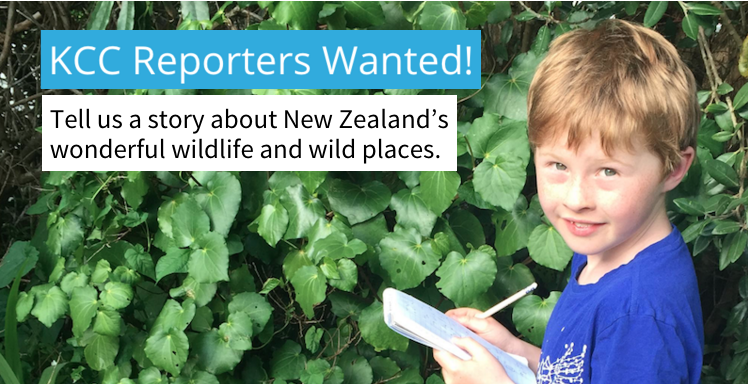Ever wondered why there are more penguins found in the South of New Zealand? One explanation comes from the legend of Kupe, and his journeys around Aotearoa:

Kupe Group Statue by Paul Lloyd
Kupe, a great chief, and his companions were first to discover the islands of Aotearoa a thousand years ago. They came in pursuit of the great octopus – Te Wheke-a-Muturangi. This giant creature belonged to Kupe’s rival, Muturangi, and was causing major problems for fishing in Kupe’s homeland of Hawaiki.
After a fierce battle with the octopus was fought and won at Te Whanganui-a-Tara (Wellington), Kupe decided he wanted to explore this new land. He and his group travelled southwards to Arapaoa (the South Island), to find out how abundant the resources were there, and whether or not there were other people here. As they travelled down the West Coast, they were greeted by many small groups of seals and penguins. Hine-waihau, one of Kupe’s travelling companions, was particularly taken with these creatures and took them as her pets. The seals and penguins grew friendly, and so followed the waka (canoe) to remain stay close to her.
The travellers continued down the West Coast until there was no more land to discover. They had come to the southern coast of the South Island. By now Hine-waihau had amassed a following of many seals and penguins. She watched them swim, bask, and feed with much joy, but there was also much sadness in her heart – for she knew she could not take them home with her to Hawaiki. Kupe saw this conflict in his friend, and so said to her, “Leave your pets here to dwell at the end of the island, for there are surely no people here”. Hine-waihau agreed that this was the best option and the seals and penguins were left to inhabit the southern end of Arapaoa.

Otago Peninsula. Photo by Annie Jo
Find more about Kupe’s journey here: http://eng.mataurangamaori.tki.org.nz/Support-materials/Te-Reo-Maori/Maori-Myths-Legends-and-Contemporary-Stories/Kupe-s-travels-around-Aotearoa







